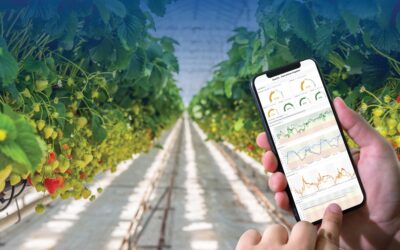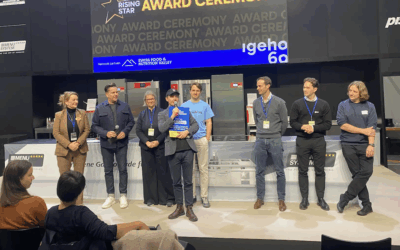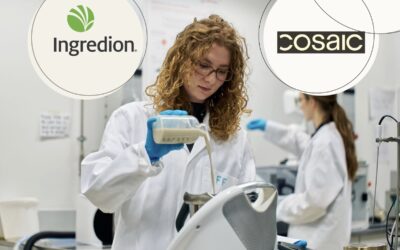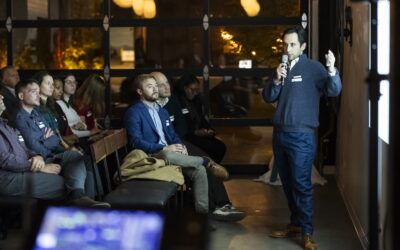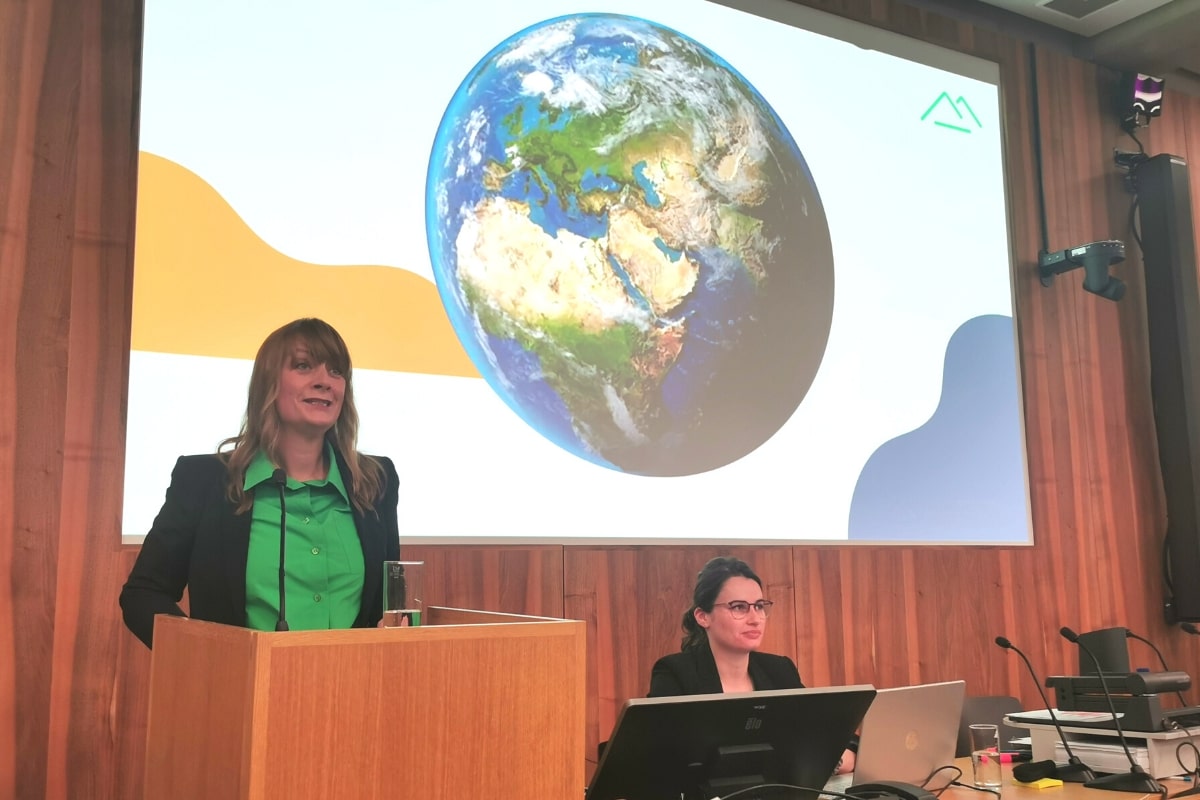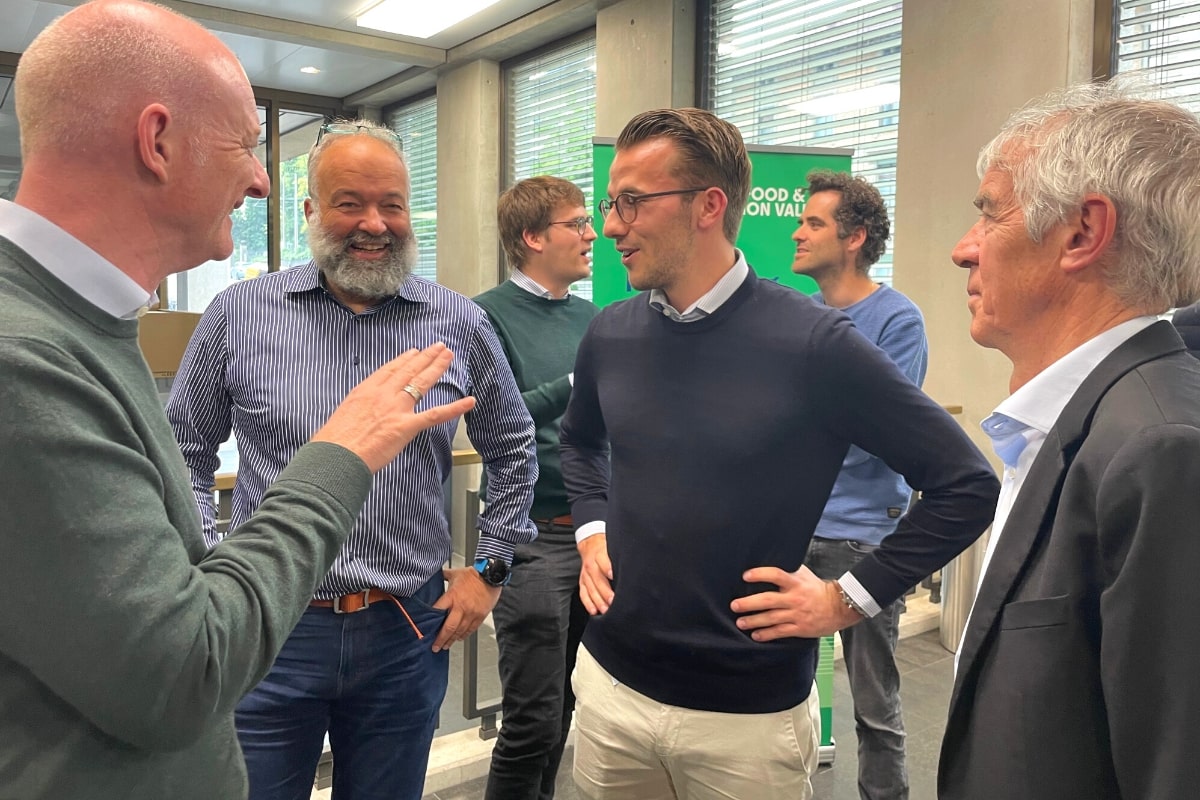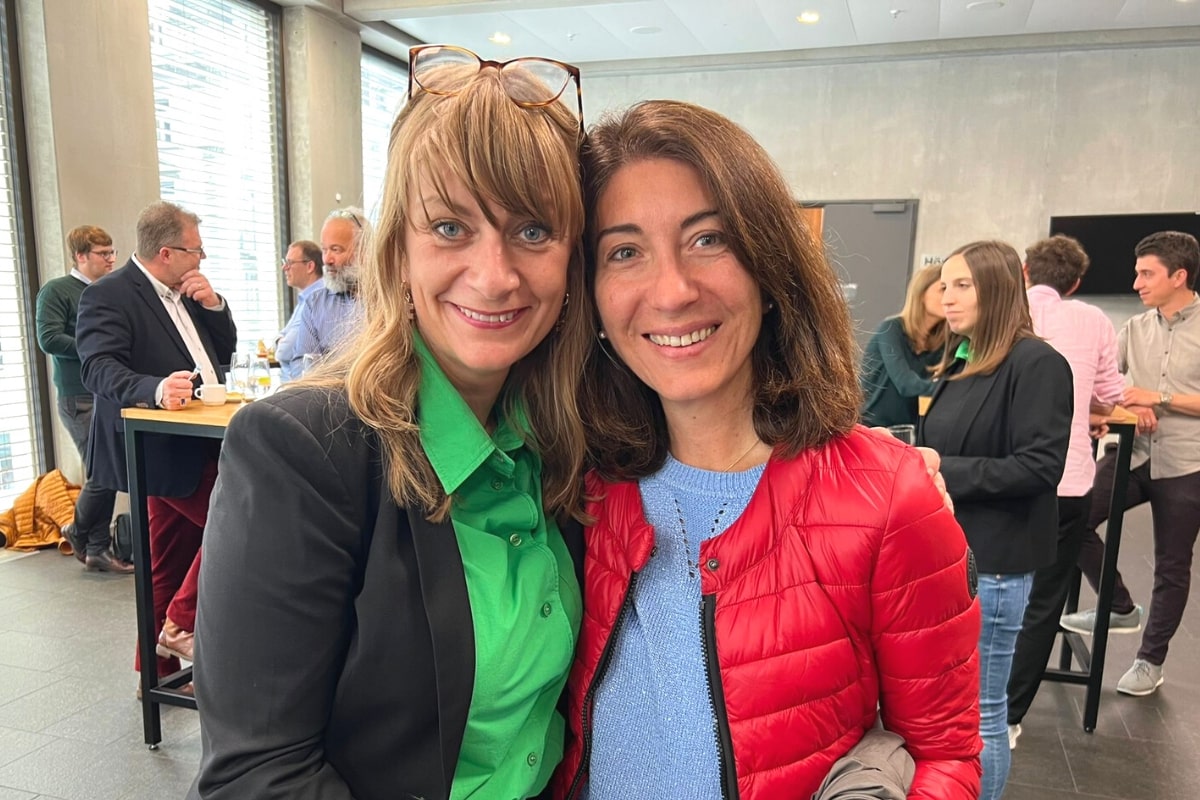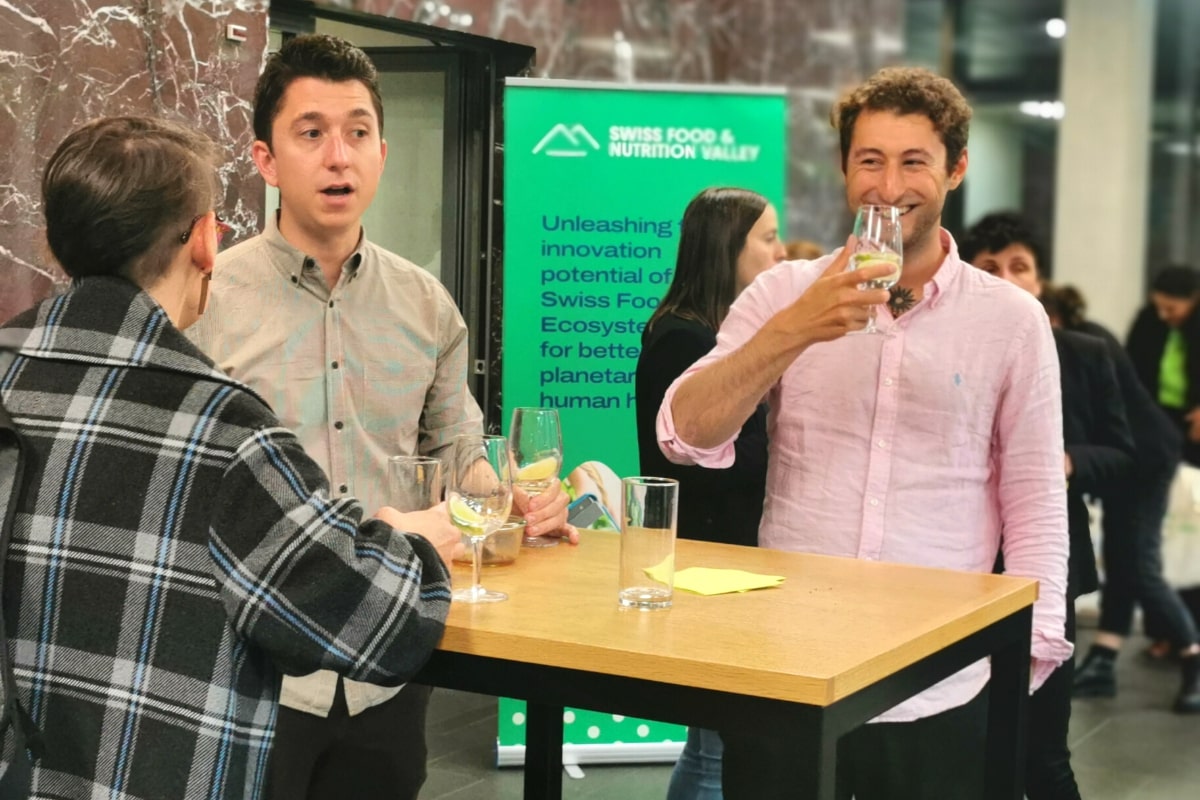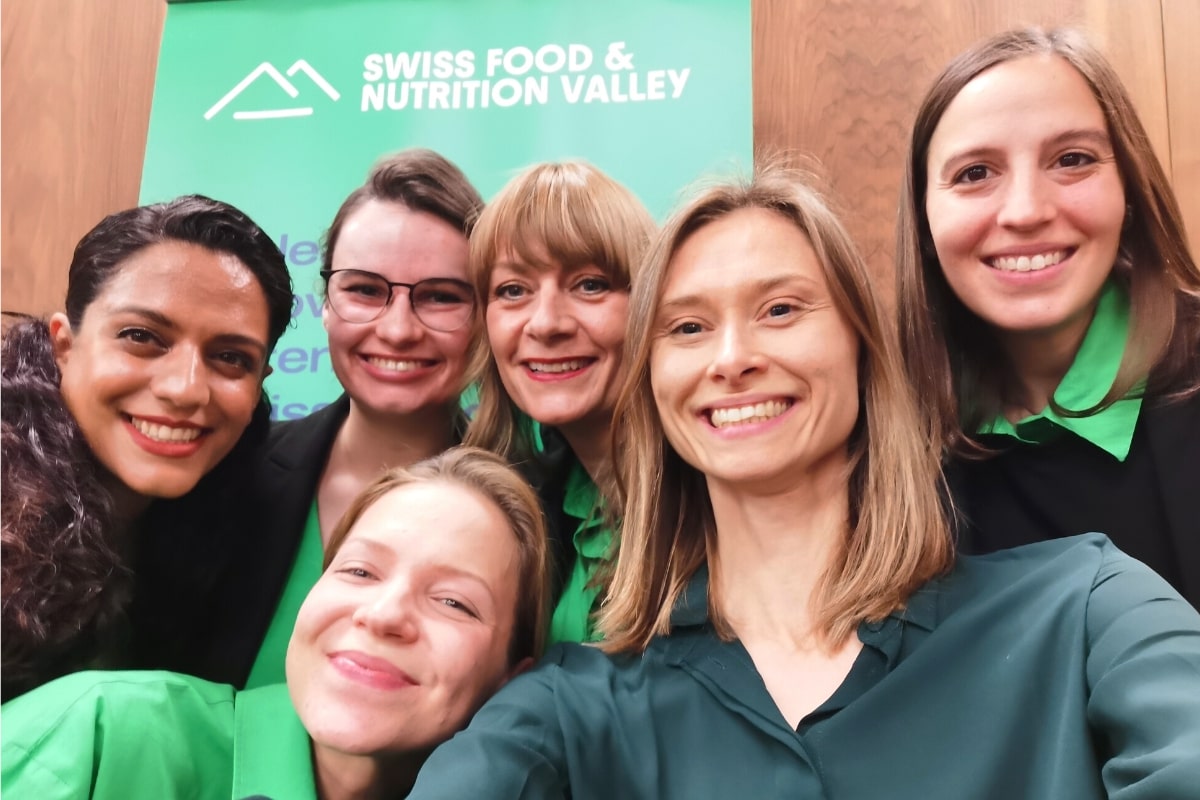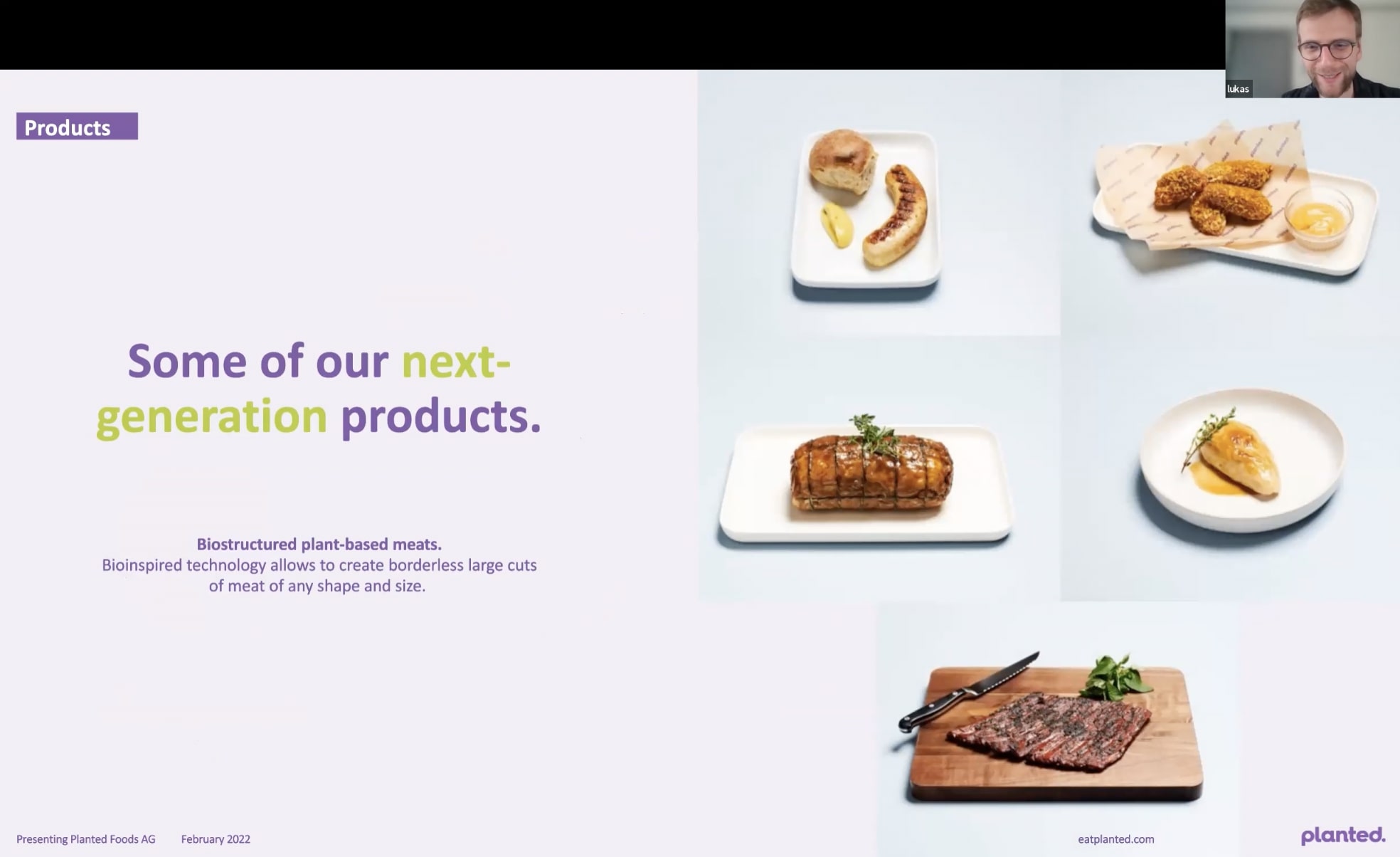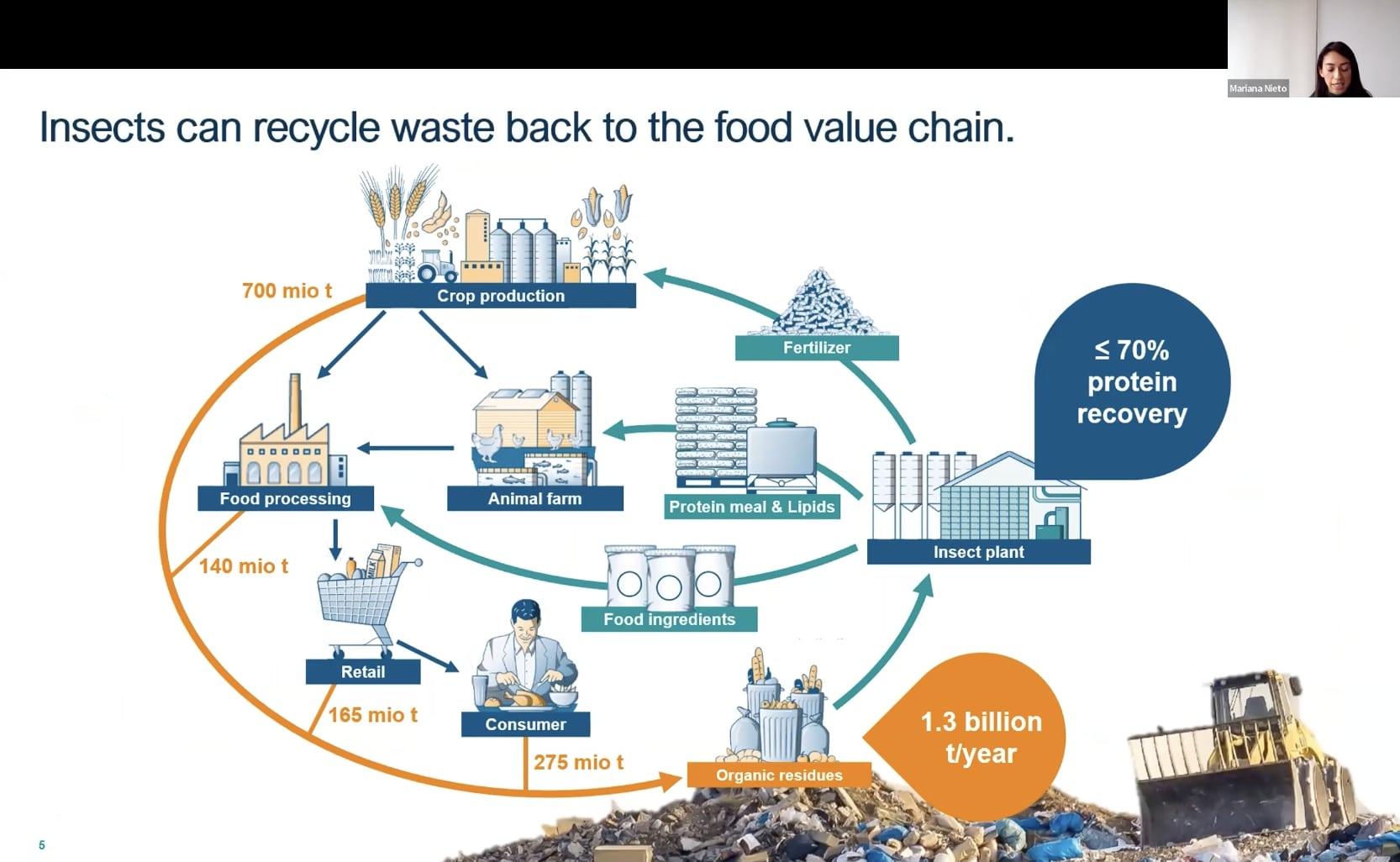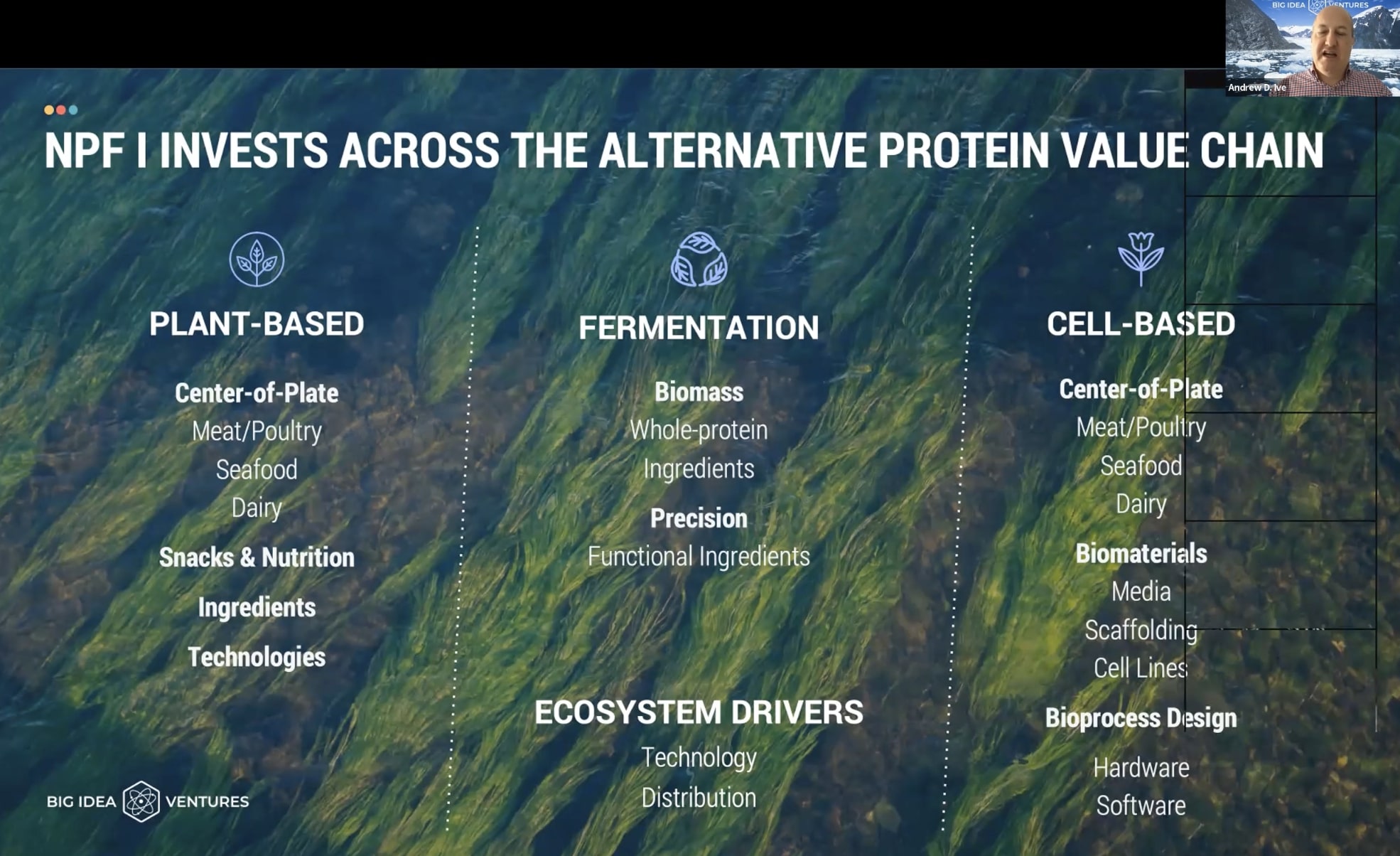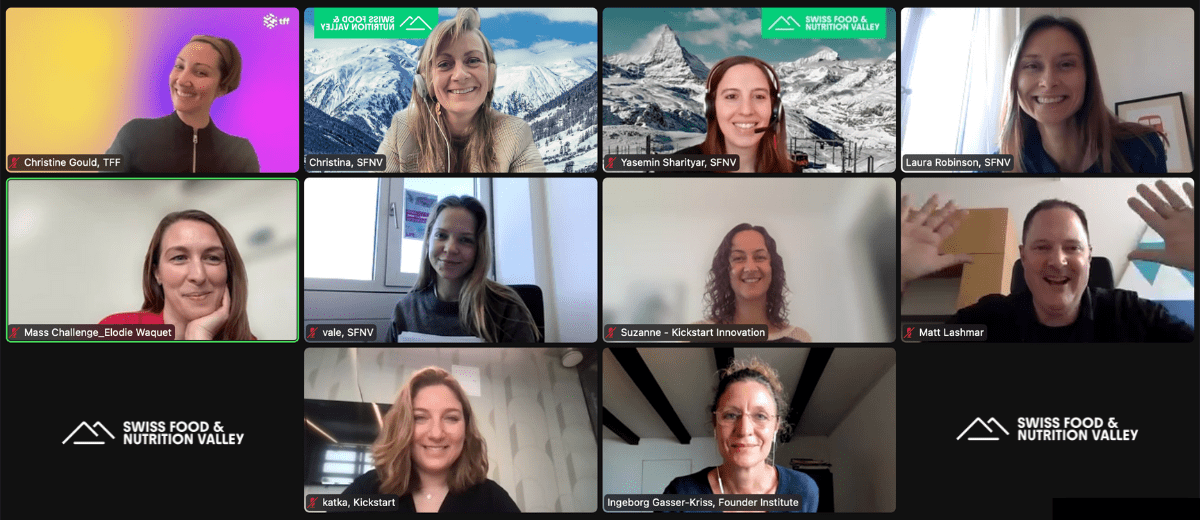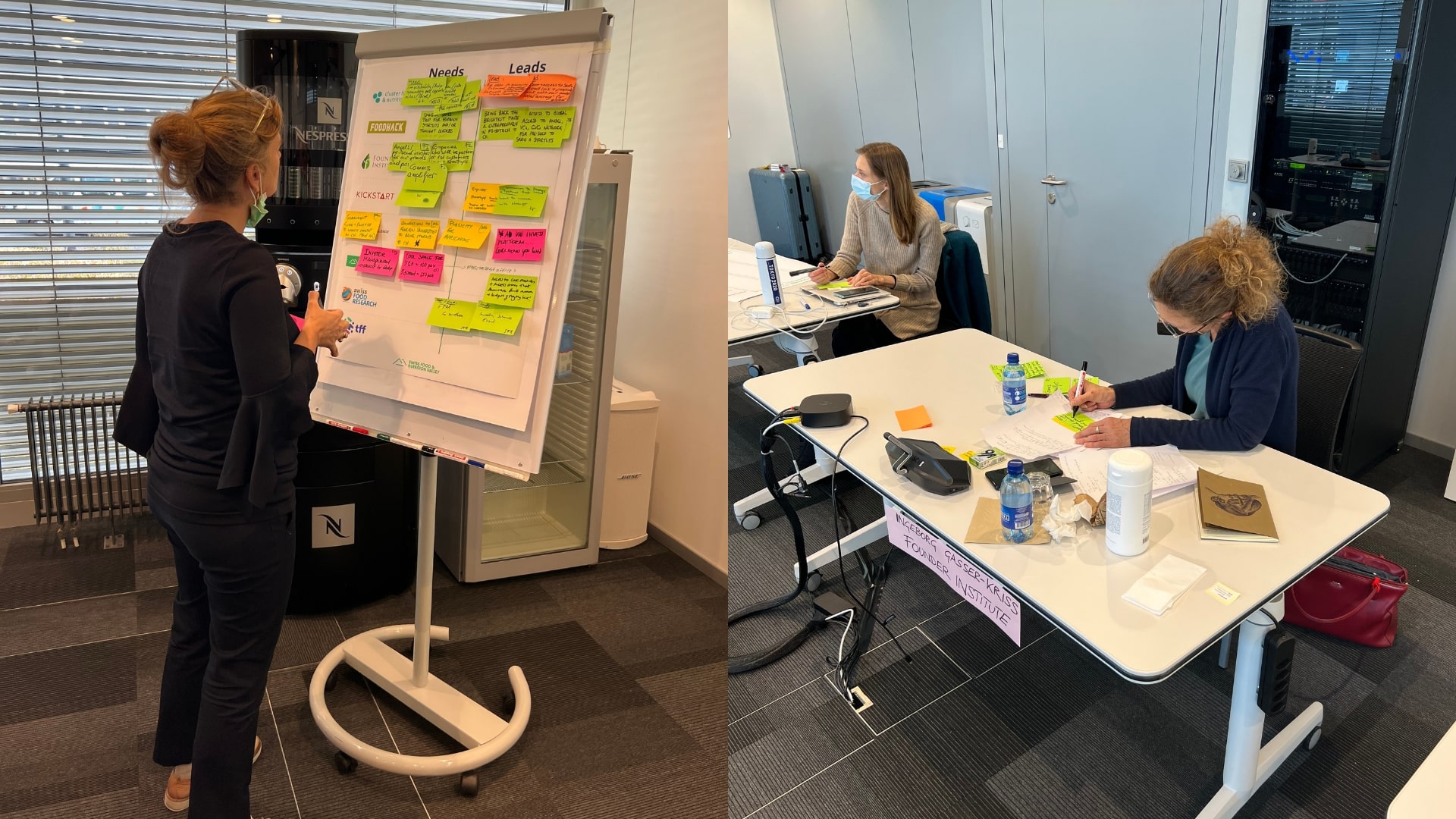Vivent Biosignals, the Swiss-based...
SFNV takes a deep dive into the world of cultured meat
SFNV takes a deep dive into the world of cultured meat
This week, as part of our Impact Platform on sustainable proteins, we brought together three expert speakers to take a closer look at the topic of cultured meat. Watch the replay or check out our 60-second takeaways below.
New solutions to our protein problem
We’ve come a long way since the first cultivated meat burger was revealed back in 2013. As growing numbers of consumers strive to take action on climate change, millions of meat eaters are looking for new solutions to enjoy ethically and environmentally-sound burgers and bacon that genuinely look, smell and taste like the real deal. Today the cultured meat industry encompasses over 60 companies and is backed by $450M+ of investment.
But the jury is still out on what the future holds. Advocates see the huge market potential of products that are nutritionally identical to their conventional cousins yet far less resource-heavy to produce. While others stress that there are regulatory hurdles still to be jumped and bringing products to market at commercially viable prices remains a significant challenge.
The experts
We invited three experts – Roman Laus from Mewery, Christine Schäfer from GDI Gottlieb Duttweiler Instititute and Yannick Gächter from the Cultured Food Innovation Hub – to share their insights and predictions and set out the opportunities for Swiss companies to get involved in this field. Watch the full reply or scroll down to read our 60-second takeaways.
Our 60-second takeaways
Yannick Gächter, Cultured Food Innovation Hub
- Cultured food will make a key contribution to a more sustainable future of food but collaboration is needed to bring products to market quickly.
- We need everyone – from the food to the energy ecosystem – to work together to make this happen.
- The Cultured Food Innovation Hub will be operational in the first quarter of 2023.
- It will offer startups facilities and expertise to scale up their businesses and go to market.
- Contact the team to find out more.
Roman Laus, Mewery
- Eating slaughtered animals will become as obsolete as it is to smoke cigarettes in a restaurant today.
- Mewery is developing a solution that will allow the next generation to eat slaughter-free, juicy and healthy cultivated meat – pork made from microalgae.
- Critics often state that cultivated meat is not “natural”. But anyone who knows how industrial farming works will know that it is also far from natural, damaging to our environment and harms animals.
- Cultivated meat looks, tastes and cooks the same as conventical meat but is more efficient and sustainable.
- Mewery plans to launch their first products on the market in 2026.
- Check out their website to find out more.
Christine Schäfer, GDI Gottlieb Duttweiler Institute
- Restaurants and fast food chains will play a key role in driving consumer acceptance of cultured meat.
- Supermarkets also need to start emphasizing the similarities between plant-based, conventional meat and cultivated meat rather than the differences and move towards “protein” shelves.
- This will make it easier for consumers to test out new options and see how products can fit into their lives.
- This upcoming GDI event will be taking a deeper look at the topic of fermentation. SFNV members can benefit from a 25% discount on tickets using the code “SFNV”.
Latest News
Vivent biosignals raises €7.5M including investments from agri investment fund, horticoop and Pymwymic.
catchfree beats four other exceptional Swiss startups to be crowned winner of the Igeho Rising Star Award 2025
catchfree has been named winner of the...
Cosaic and Ingredion announce strategic partnership to redefine the future of ingredient innovation
Ingredion Incorporated has announced a...
Bühler awards innovators tackling cocoa shortages
Valley partner Bühler has announced...
